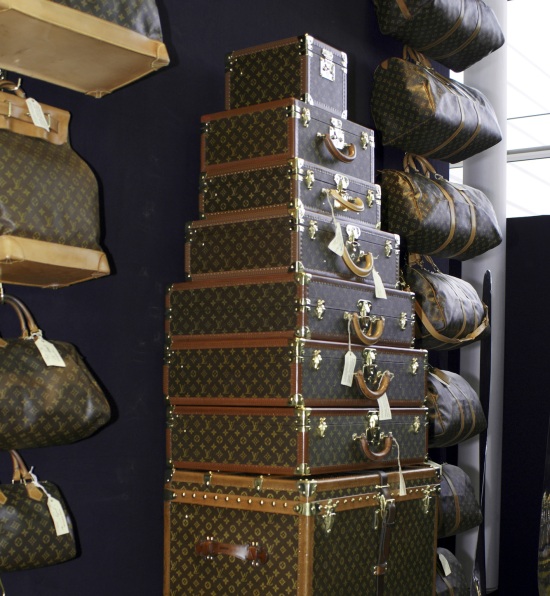The global economic situation may be in tatters, but apparently this does not mean that luxury brands are suffering accordingly. In fact, luxury group LVMH, who are responsible for providing commercial properties with some of the best known high cost brands in the world, have just released sales figures showing an astronomical 26 per cent rise in sales for the period covering the first half of 2012.

Altogether, the group posted profits of £10 billion, or 13 billion Euros, thanks to a great six months in commercial property stores.
LVMH owns many of the world’s most exclusive brand names, with Louis Vuitton luggage, Christian Dior cosmetics and Moet champagne all a part of the expensive portfolio. Commercial properties such as Harrods, Harvey Nichols and John Lewis all stock many of the brands under the LVMH umbrella, perhaps accounting for part of the successful British sales performance as all three big name commercial properties continue to perform well on the high street despite the recession.
Watches and jewellery proved most popular in commercial property stores worldwide, with an 87 per cent rise in profits for the past two quarters. This may be partially due to the fact that LVMH recently acquired jewellery giant commercial property chain Bulgari for £2.9 billion.
Closely following jewellery and watches for the chain’s profit record breakers were fashion and leather goods, especially the Fendi Baguette – the latest international must have for arm candy. Additionally, the opening of commercial property Maison Louis Vuitton in Rome aided sales due to the buzz from local and international media regarding the luxury of the store.
The greatest sales booms and commercial property expansions occurred in Asia, due to growing markets and the rising number of people on top tier incomes in countries such as China and the United Arab Emirates. It is estimated that around 300 million people in China now fall into the income bracket of $10,000 and $60,000 – meaning that the affordability of luxury goods is now a reality for many more people than in previous decades.
Chairman and Chief Executive Officer of LVMH, Bernard Arnault, said; “We approach the second half of the year with confidence and are relying upon the creativity and quality of our products as well as the effectiveness of our teams to pursue further market share gains in our historical markets as well as in high potential emerging markets.”
Do you believe that the recent profit booms for luxury items are due to the fact that many people choose to use their money buying high quality expensive goods rather than low cost but cheaply made items in commercial property stores? Or do you think that the massive profits made by LVMH are largely thanks to the increasing numbers of people in the middle and upper earnings tiers in Asian nations?
Previous Post
Nationwide Blunder Sees Thousands Out of Pocket